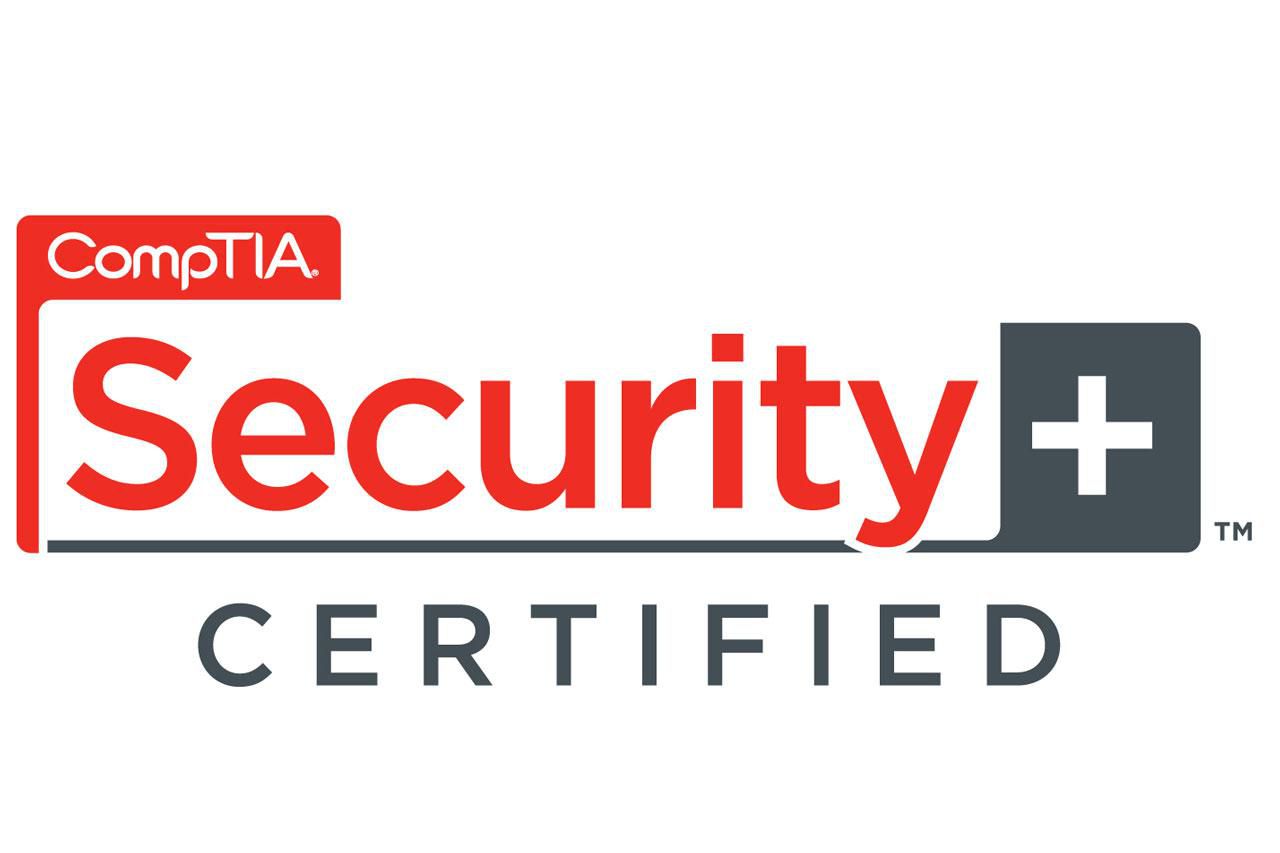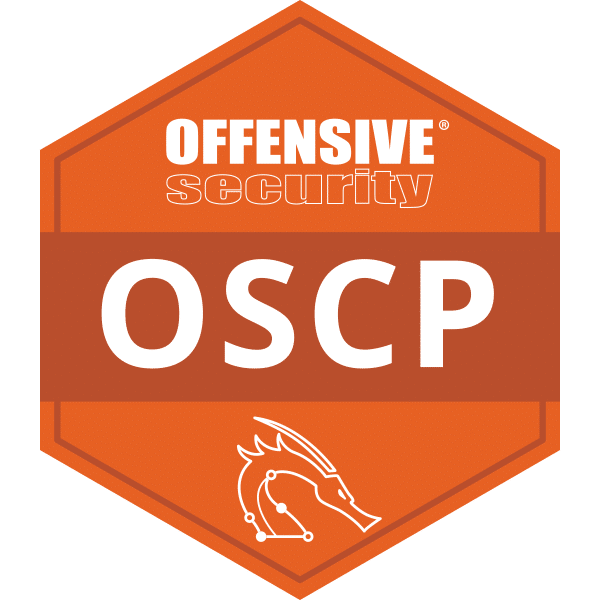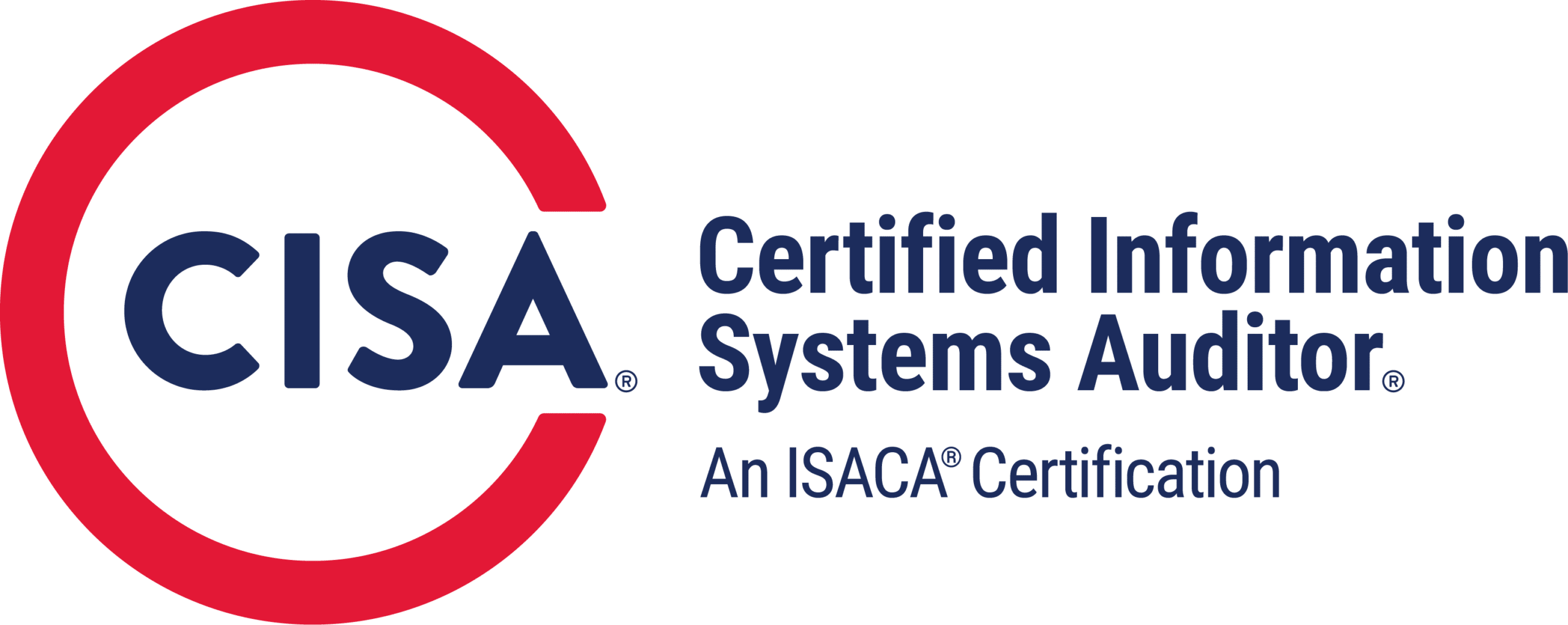Introduction
As businesses increasingly depend on technology and data, the CISO role has risen in importance, driven by the growing complexity and frequency of cyberattacks. CISOs now stand as the trusted guardians of vital data and systems. The core responsibility of a CISO revolves around the development and execution of an organization’s information security program. This multifaceted task encompasses formulating comprehensive security policies and procedures, vigilant risk management, and prompt response to security incidents. Moreover, the CISO collaborates closely with fellow senior executives to ensure that the organization’s security posture aligns seamlessly with its broader business objectives.
However, the journey to becoming an accomplished CISO is no small feat. It demands a comprehensive understanding of security risks, versatile communication skills, and effective decision-making under pressure. The Chief Information Security Officer (CISO) is a senior executive tasked with safeguarding an organization’s information security. In this roadmap, we shall explore the requisite skills, educational pathways, and strategies that lead to a successful CISO career.
Educational Foundation for CISO Career
A solid educational foundation is paramount for a fulfilling Chief Information Security Officer (CISO) career. Here, we will explore the academic prerequisites and advanced options that can pave the way for a successful journey to the CISO role.

Undergraduate Degrees Relevant to Cybersecurity
When pursuing a career in cybersecurity, laying a solid educational foundation is essential, and several undergraduate degree options align with this path. Some of the most prevalent choices include:
Computer Science: A computer science degree provides a strong foundation in software development, algorithms, and computer systems, offering insights into vulnerability exploitation and mitigation, crucial for cybersecurity.
Information Technology: Information technology programs delve into network administration, database management, and system architecture. These skills are vital in understanding the technological landscape that cybersecurity professionals protect.
Information Assurance: This specialized field focuses explicitly on safeguarding data and information systems. It encompasses risk assessment, security policies, and compliance measures directly relevant to cybersecurity.
Network Security: As the name suggests, this degree concentrates on securing networks against cyber threats. Students learn about firewalls, intrusion detection systems, and encryption protocols.
Cybersecurity: Some institutions offer dedicated cybersecurity programs covering various security-related topics, from ethical hacking to digital forensics.
Advanced Education Options
While an undergraduate degree provides a solid foundation, many successful CISOs pursue advanced degrees to further enhance their knowledge and skills. Here are some standard advanced education options:
Master’s Degrees in Cybersecurity: These programs delve deeply into cybersecurity topics, including information security architecture, risk management, incident response, and ethical hacking. They are available online and on campus, typically taking one to two years to complete.
Master’s Degrees in Information Security: Similar to cybersecurity master’s programs, these degrees provide advanced insights into securing information systems, ensuring compliance, and managing security risks.
Master’s Degrees in Business Administration (MBA) focusing on Information Security: These programs explore cybersecurity strategy, economics, and governance by combining business acumen with cybersecurity knowledge. Both online and on-campus MBA programs can be completed in two years on average.
Role of Certifications in Pursuing a CISO Career
Certifications are crucial for becoming a Chief Information Security Officer (CISO). They are tangible evidence of your expertise and commitment to the ever-evolving field of cybersecurity, significantly bolstering your credibility and career prospects. In this context, three key certifications hold particular significance:
CISSP (Certified Information Systems Security Professional): Widely recognized globally, CISSP imparts technical knowledge and emphasizes leadership and management skills. This makes it an ideal choice for aspiring CISOs, as it prepares them comprehensively for the multifaceted demands of the role. Read our full CISSP review and how to prepare and succeed on your first attempt.
CISM (Certified Information Security Manager): Tailored for professionals tasked with security program management, CISM equips individuals with essential governance and risk management skills. These capabilities are integral to effective CISO roles, making CISM a valuable certification. We have a detailed plan how to crack this certificate.
CISA (Certified Information Systems Auditor): CISA certification improves professionals’ ability to assess and ensure the efficacy of security controls by focusing on auditing and management. While not CISO-specific, it complements the skill set necessary for CISO responsibilities.
Additionally, there are other certifications, including CISSP-ISSMP, CRISC, CCSP, CIPP, and CEH, which cater to specific facets of a CISO’s career. Certifications validate competence and structured learning, empowering you with the knowledge and skills required to navigate the intricate landscape of CISO responsibilities effectively.
How to Gain Professional Experience in Cybersecurity
Building a robust foundation of professional experience is essential for anyone aspiring to excel in the dynamic field of cybersecurity, mainly when aiming for the coveted Chief Information Security Officer (CISO) role. Let’s explore the strategic steps to acquire the necessary expertise and credentials.
Entry-Level Positions in Cybersecurity
Begin your journey by seeking entry-level positions in cybersecurity. Roles such as security analyst, junior security engineer, or IT support specialist can provide invaluable insights into information security fundamentals. These positions typically involve monitoring systems, analyzing security data, and assisting with security audits and incident response.
Mid-Level Management Roles
Aim for mid-level management roles after gaining a solid foothold in entry-level positions. Titles like security manager or security consultant are excellent choices. In these positions, you’ll gain experience overseeing security projects, managing teams, and crafting security strategies.
Transitioning into Leadership Roles
To ascend to the CISO role, transitioning into leadership roles is pivotal. Seek opportunities to become a security director or security team leader. These positions involve setting security policies, aligning security efforts with business objectives, and representing security concerns to executive leadership.
Roles with Increasing Responsibility
As you progress, target roles that offer increasing responsibility. Positions like senior security manager or security architect are examples. Here, you’ll be crucial in designing security frameworks, leading complex security initiatives, and managing larger teams.
Exposure to Risk Management
Gaining experience in risk management is a crucial stepping stone towards the CISO role. Roles such as risk analyst or compliance manager expose you to the intricacies of risk assessment, compliance standards, and regulatory requirements.
The Value of Cross-Functional Experience
Cross-functional experience is precious for future CISOs. Collaborate with legal, compliance, and finance departments to understand how security aligns with broader organizational objectives. This cross-functional perspective is highly prized when assuming CISO responsibilities.
Building a Strong Professional Network
the cybersecurity world, connections are vital. Attend industry conferences, join professional organizations, and actively engage with peers on social platforms. Building a solid professional network provides valuable insights and mentorship and opens doors to career opportunities.
Effective Strategy to Develop Your Leadership and Soft Skills
Elevating your career toward becoming a Chief Information Security Officer (CISO) involves technical prowess, refined leadership, and soft skills. Here’s a strategic approach to developing these essential skills:
Communication Skills
Mastering communication is foundational for a CISO. Hone your ability to articulate complex technical concepts to non-technical stakeholders. Practice active listening to understand concerns and respond effectively. Consider public speaking courses or workshops to build confidence in presenting ideas.
Strategic Thinking and Decision-Making
CISOs need to think strategically, aligning security efforts with broader business goals. To develop this skill, engage in strategic planning exercises, assess industry trends, and familiarize yourself with your organization’s strategic objectives. Sharpen your decision-making by analyzing past decisions, learning from outcomes, and seeking mentorship from experienced leaders.
Project Management
Effective project management is essential for executing security initiatives. Acquire certifications like PMP or Prince2 and apply project management principles to security projects. This includes defining objectives, managing resources, setting timelines, and ensuring deliverables meet security standards.
Conflict Resolution and Team Management
CISOs often navigate conflicts and manage teams. To excel in this:
- Employ techniques for conflict resolution, such as active listening and negotiation.
- Learn team dynamics and foster a collaborative environment.
- Seek leadership roles to gain experience in team management and mentorship.
Business Acumen
Understanding the business side of security is critical. Familiarize yourself with financial aspects, risk assessment, and legal and compliance frameworks. Engage with business leaders to grasp their priorities and challenges. Consider enrolling in business courses or earning an MBA to enhance your business acumen.
How to Stay Informed and Adapt to Evolving Threats
Staying informed and adapting to emerging threats is paramount for those aspiring to become a Chief Information Security Officer (CISO). Here’s a strategic approach to keep your knowledge current and your defenses resilient:
Continuing Education and Training
Commit to lifelong learning by pursuing continuing education and training programs. Enroll in cybersecurity courses, workshops, and certifications to remain current on the newest trends and technologies. Certificates like CISSP, CISM, and CEH offer ongoing educational opportunities.
Engaging with Cybersecurity Communities
Joining cybersecurity communities and forums is valuable for exchanging insights, best practices, and threat intelligence with peers. Online platforms like Reddit’s r/cybersecurity and professional organizations like (ISC)² and ISACA provide spaces for discussion and collaboration.
Subscribing to Threat Intelligence
Subscribe to threat intelligence feeds and services to receive real-time information on emerging threats and vulnerabilities. These sources offer crucial insights into threat actors’ tactics, techniques, and procedures. Regularly review threat reports and incorporate actionable insights into your security strategy.
Participating in Cybersecurity Conferences and Workshops
Attend cybersecurity conferences, seminars, and workshops to gain firsthand knowledge from experts in the field. Events like RSA Conference, BlackHat, and DEFCON provide platforms to learn about emerging threats, discover new tools, and network with industry professionals.
Additional Practical Steps
Create a Personal Learning Plan: Develop a structured plan for your ongoing education and skills development, setting specific goals and milestones.
Stay Informed via News and Publications: Subscribe to cybersecurity news outlets, blogs, and publications to receive regular updates on industry developments and threats.
Contribute to Open-Source Projects: Engaging with open-source security projects allows you to collaborate with experts and contribute to the community while expanding your knowledge.
Networking and Mentoring: Develop relationships with seasoned cybersecurity experts who can serve as mentors and guides as you navigate the constantly shifting landscape.
Networking and Building a Professional Reputation
Building a solid professional network and a reputable presence in the cybersecurity field are integral components of a successful journey toward becoming a Chief Information Security Officer (CISO). Here’s how to strategically enhance your professional reputation:
Involvement in Professional Organizations
Active participation in cybersecurity professional organizations like (ISC)², ISACA, and ISSA can be transformative. Join local chapters, attend events, and volunteer for leadership roles. These organizations offer opportunities to network, share knowledge, and contribute to the community.
Mentoring and Being Mentored
Mentorship is a two-way street. Seek mentors who can provide guidance and insights into your career aspirations. Simultaneously, consider mentoring junior professionals in your field. Mentoring fosters a culture of continuous learning and growth, benefiting both mentor and mentee.
Speaking Engagements and Thought Leadership
Demonstrate your expertise by presenting at industry events, webinars, or conferences. Sharing your knowledge establishes you as a thought leader and expands your network. Engage with your audience, answer questions, and encourage discussions to further your reputation.
Writing and Publishing in the Field
Consider writing articles, blogs, or books in the cybersecurity domain. Sharing your insights through written content enhances your credibility and visibility. Whether you’re addressing emerging threats, best practices, or case studies, contributing to the field’s knowledge base is highly regarded.
Additional Strategies to Bolster Your Professional Reputation
Online Presence: Maintain a LinkedIn profile, a professional website, or a blog to demonstrate your expertise and achievements.
Awards and Recognitions: Pursue industry awards or recognition programs to highlight your contributions and achievements.
Collaboration: Collaborate on research projects, industry reports, or whitepapers with peers and experts in the field.
Continuous Learning: Stay updated with the latest cybersecurity trends, technologies, and regulations to maintain relevance and credibility.
Helpful Strategies to Prepare for CISO Interviews
Securing a Chief Information Security Officer (CISO) position is significant. To prepare effectively for CISO interviews, consider these strategic steps:
Crafting a Strong Executive Resume
Developing a Compelling Narrative: Your executive resume should convey a clear and compelling narrative of your career journey, emphasizing achievements and leadership roles. Highlight security strategy, incident response, compliance, and risk management accomplishments.
Addressing Leadership and Strategy in Interviews
Demonstrating Leadership: During interviews, showcase your leadership skills. Discuss your experience managing cross-functional teams, fostering a security-conscious culture, and collaborating with senior executives to align security with business goals. Provide concrete examples of your ability to lead under pressure.
Demonstrating a Vision for the Organization’s Security: Articulate a vision for the organization’s security posture. Share your strategic insights on addressing emerging threats, enhancing incident response capabilities, and ensuring compliance. Showcase your ability to balance security measures with the organization’s operational needs.
Additional Interview Strategies
Tailor Your Responses: Customize your responses to align with the organization’s industry, challenges, and goals. Show that you’ve researched the company’s cybersecurity landscape.
Case Studies: Prepare case studies from your career demonstrating your problem-solving skills, adaptability, and success in addressing security challenges.
Security Frameworks: Familiarize yourself with industry-standard security frameworks like NIST, ISO 27001, and CIS to discuss your implementation experience.
Soft Skills: Highlight soft skills such as communication, collaboration, and conflict resolution, which are essential for effective CISO leadership.
Continuous Learning: Emphasize your commitment to staying updated with cybersecurity trends and evolving threats. Mention any ongoing education, certifications, or memberships in professional organizations.
Ethical Considerations: Be prepared to discuss ethical dilemmas in cybersecurity and your approach to ethical decision-making.
Climbing the Corporate Ladder
Advancing your career to reach the coveted Chief Information Security Officer (CISO) position requires strategic planning and a keen understanding of the corporate landscape. Here’s how to navigate the journey effectively:
Seeking Opportunities for Advancement
Navigating Corporate Politics: To ascend the corporate ladder, you must adeptly navigate corporate politics. Build relationships, understand power dynamics, and align your actions with organizational objectives. Focus on diplomacy and collaboration to build alliances and mitigate potential roadblocks.
Identifying and Pursuing Executive Leadership Roles
Identifying Executive Leadership Roles: Identify roles that align with your career aspirations. Seek positions like Director of Security, Vice President of Information Security, or Chief Security Officer (CSO) that provide opportunities to gain executive experience and responsibilities related to security strategy and leadership.
Balancing Security and Business Objectives: Demonstrating an ability to balance security with business objectives is crucial. Embrace roles that require you to align security initiatives with the organization’s strategic goals. Showcase your capacity to make security an enabler, not an obstacle, to the business.
Additional strategies
Professional Development: Continue investing in your education and certifications, focusing on leadership and management skills. Certifications like Certified Information Systems Security Professional (CISSP-ISSMP) emphasize leadership.
Mentorship: Seek mentorship from experienced leaders within and outside your organization to gain insights and guidance on career progression.
Visibility: Increase your visibility within the organization by actively participating in cross-functional initiatives, presenting at leadership meetings, and offering solutions to business challenges.
Networking: Expand your professional network by engaging with peers, attending industry events, and joining executive leadership forums. Networking can facilitate the discovery of new opportunities and insights.
Results-Oriented Approach: Continuously deliver measurable results in your current role. Showcase your impact on security posture, risk reduction, and business resilience.
Final Note
Technical knowledge, leadership abilities, and flexibility are necessary to become a Chief Information Security Officer (CISO). This roadmap provides a strategic path, from education and skill development to staying current with evolving threats and building a professional reputation. Dedication and resilience are essential to reach the pinnacle as a CISO. By continuously learning, networking, and safeguarding organizations, individuals can attain the esteemed role of a CISO, responsible for protecting vital digital assets in our interconnected world.











